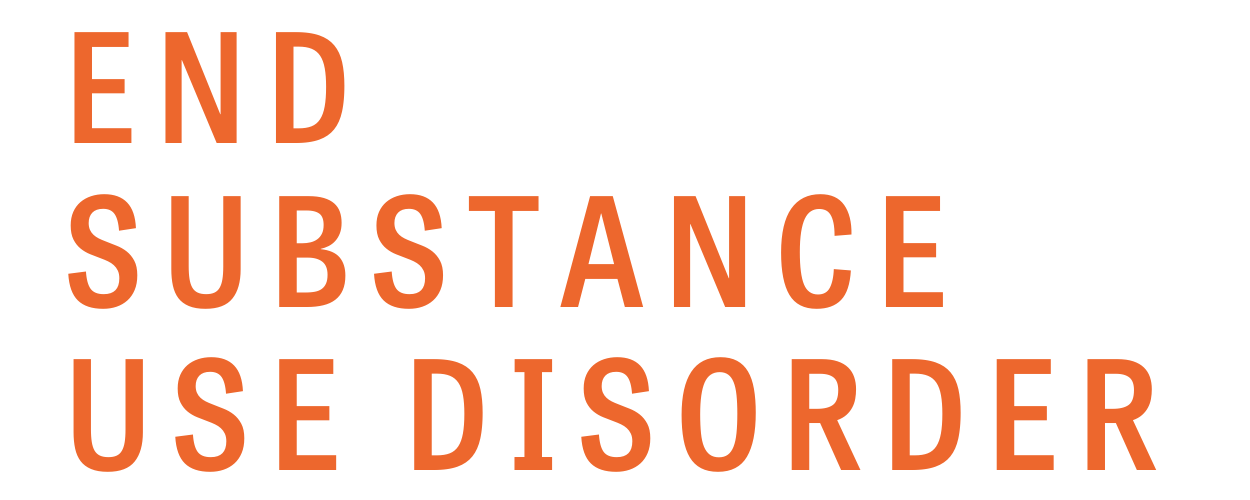U.S. House Passes Bill to Expand Access to Generic Medication for Opioid Use Disorder; End Substance Use Disorder Calls for Senate to Act
Today, the U.S. House passed the Fairness in Orphan Drug Exclusivity Act (H.R. 1629). The bill will help expand access to generic medications to treat opioid use disorder and other medical conditions. The bill will now proceed to the Senate.
“Today’s vote makes clear that members of Congress are willing to act to expand access to life-saving overdose prevention medications,” said End Substance Use Disorder president Erin Schanning. “Pharmaceutical companies should not take advantage of unfair and illegal monopolies that restrict access to proven treatments for substance use disorder. This bill will help broaden access to generic medications that are affordable and that can help people with substance use disorder recover. We encourage the Senate to pass this bill and to stand with the millions of Americans who still lack access to safe, effective treatment for opioid use disorder.”
The Fairness in Orphan Drug Exclusivity Act closes a federal loophole that drug companies have used to drive up costs and restrict access to critical medications, including the lifesaving overdose prevention medication, buprenorphine.
To encourage the development of treatments for rare medical conditions, federal law grants pharmaceutical companies that develop new treatments for rare conditions marketing exclusivity for seven years. The FDA granted the pharmaceutical company that developed buprenorphine for opioid use disorder this exclusivity in 1994. As the opioid crisis worsened, however, the pharmaceutical company sought to extend its exclusivity by claiming that new formulations of the medication should be protected. The company was essentially trying to create a monopoly around one of the most important treatments that exists to help end the overdose crisis.
The bill passed today closes this loophole by requiring pharmaceutical companies that apply for the marketing exclusivity to prove that there is no reasonable expectation that they could recover the costs of developing and manufacturing the drug within twelve years of first marketing it.
In the midst of a devastating and accelerating overdose crisis, fueled in part by the fact that fewer than 1 in 5 Americans with opioid use disorder receive buprenorphine, this bill will help ensure that buprenorphine is more affordable and widely available.
